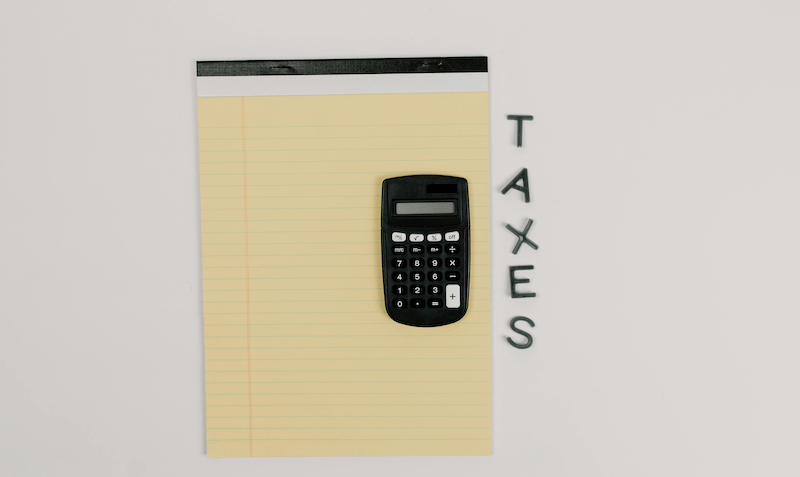Avoid These Common Mistakes When Filing Taxes with a Checkbook IRA
by Peter Rizzo

Avoid These Common Mistakes When Filing Taxes with a Checkbook IRA
If you’re like me and use a Checkbook IRA, tax season can get a little tricky. It’s not just about plugging numbers into TurboTax, you’ve got to follow IRS rules to a T. Over the years, I’ve seen make a few avoidable mistakes. Here’s a breakdown of the biggest ones to dodge.
1. Forgetting to File Form 5498
This form reports contributions made to your IRA. Even if you didn’t contribute that year, your custodian still needs to file it to show the IRS the account exists. If you’re using a Checkbook IRA with an LLC, make sure your custodian files this—not you.
2. Skipping Form 990-T (Yes, Even for an IRA)
Did your IRA earn unrelated business taxable income (UBTI), like from a leveraged real estate deal or a business held inside the IRA? If so, you may need to file a 990-T. People skip this all the time because they think IRAs are tax-free. Not always.
3. Not Reporting UBIT Correctly
If you’re earning income that counts as UBIT (like operating a business or heavily leveraged real estate inside your IRA), that income may be taxable. It’s not about scaring you. It’s about knowing the rules. You might owe taxes, and if you don’t report it, penalties can stack up fast.
4. Mixing Personal and IRA Expenses
It might seem like no big deal to cover an LLC expense with your personal card and reimburse yourself later. But that’s a prohibited transaction in the IRS’s eyes. Keep your IRA’s LLC completely separate: own bank account, own debit card, everything.
5. Failing to Value IRA-Owned Assets Annually
Each year, your custodian needs to report the fair market value (FMV) of your IRA. That means you have to provide updated valuations for any assets held in your IRA LLC, like real estate or private investments. Skipping this? Big compliance red flag.
6. Not Keeping Good Records
The IRS doesn’t play around with documentation. If you have a Checkbook IRA, make sure you keep:
- Receipts for expenses
- Contracts and agreements
- Loan docs (if using non-recourse financing)
- Annual valuations
You’re managing a mini retirement fund—treat it like a business.
Checkbook IRAs are powerful, but they require more attention to detail come tax time. Trust me, the upfront effort beats scrambling through an audit. When in doubt, talk to a tax pro who understands self-directed IRA rules.
Email [email protected] for a list of CPAs who understand self-directed IRA reporting rules

0 Comments